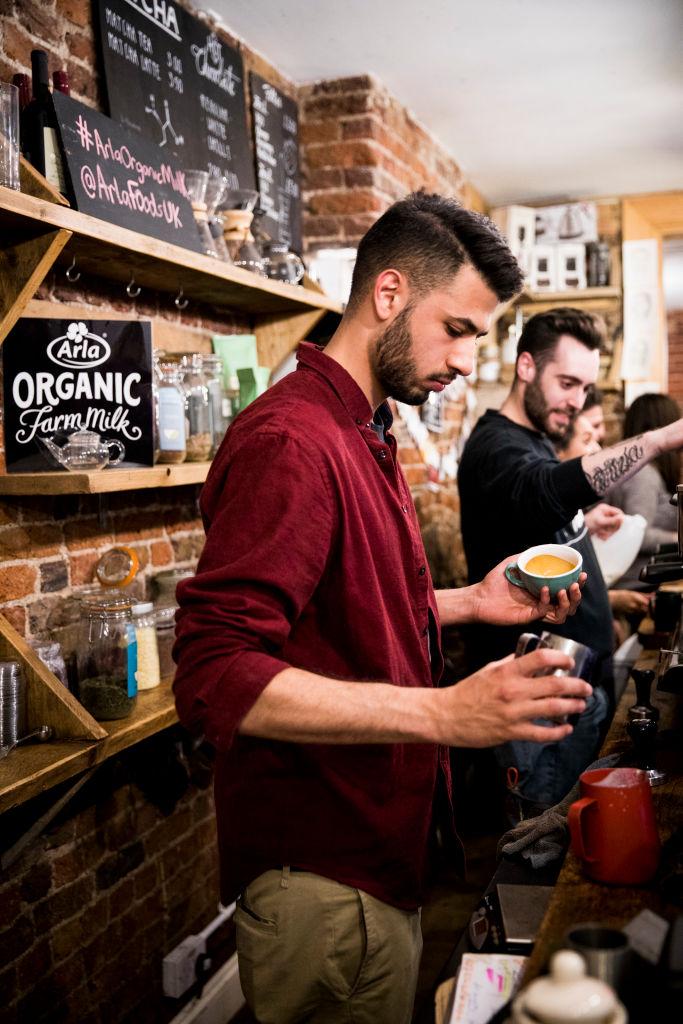BIRMINGHAM, England—The British synonym for “pub” tells it all: The “local” was traditionally the community hub, where pints of beer and cider loosened the stiff upper lip.
But drunken revelry is no longer the social glue it once was, with alcohol consumption dropping among young people.
The latest data from the Office of National Statistics, released on May 3, shows that while binge drinking culture persists, overall alcohol consumption is following a downward trend in the Western world.
The reasons are hard to pin down and are linked to a broader shift in cultural values, say experts.
“Before, if you wanted to socialize, you would meet up in the pub and people would have alcoholic drinks. Now there are more options,” said Richard de Visser, director of student experience at the University of Sussex and a researcher of young people’s alcohol behaviors.
Millennials are more likely to head out to cafes, and there is no longer a social expectation to drink. It’s okay to be teetotal.
The latest statistics show a huge drop in drinking for males in their late teens and early 20s, and a slight increase for females, said Aveek Bhattacharya, a policy analyst at the Institute of Alcohol Studies. He warns that the gender difference may just be noise in the data.
“What is clear is that there has been a long-term downward shift among both men and women, particularly among 16- to 24-year-olds and also among younger groups,” he said.
“I suspect that millennial culture is part of it—but the decline isn’t limited to millennials alone.”






